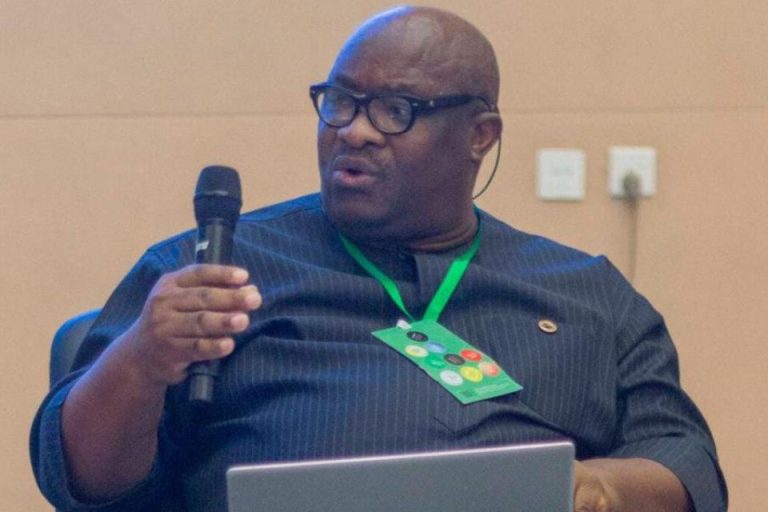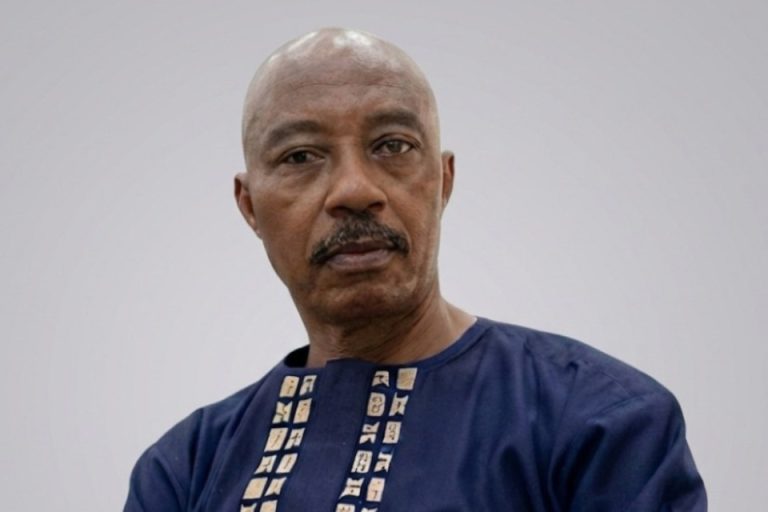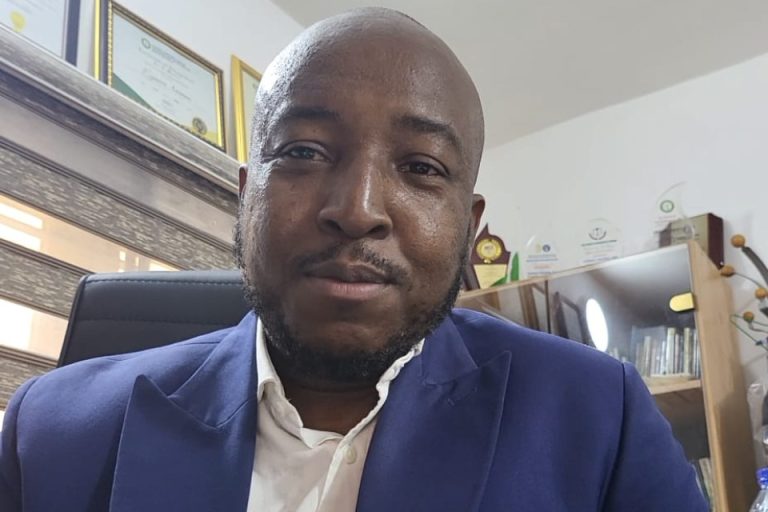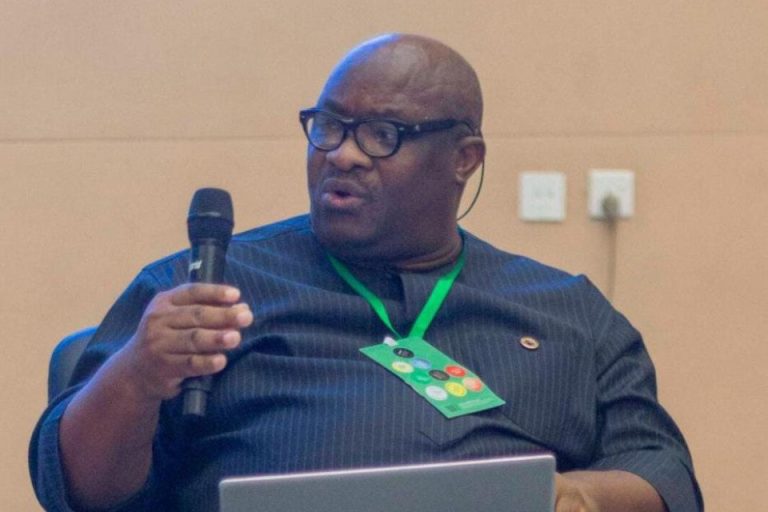The Executive Director of Media Rights Agenda (MRA), Mr Edetaen Ojo, has called on the intergovernmental Freedom Online Coalition (FOC) to strive to ensure meaningful connectivity for about one-third of the world’s population, mostly from the Global South, who currently have no access to the Internet, arguing that for such people, all the other online freedoms that the Coalition promotes are meaningless.
Addressing representatives of FOC Member States, members of the Coalition’s multi-stakeholder Advisory Network (FOC-AN), and other stakeholders at the FOC’s 2025 Ministerial Meeting held in Tallinn, Estonia, Mr. Ojo noted that for those people who have no access to the Internet, cannot afford access or have miserable connectivity, their exclusion in the digital age “is profound and total.”
The FOC, a coalition of 42 countries working together to advance Internet freedom worldwide and currently chaired by the Government of Estonia, held its 2025 Ministerial Meeting under the theme “Building a Digitally Inclusive Future for All”.
The Ministerial Meeting, held at the National Library of Estonia on the sidelines of the Tallinn Digital Summit, was chaired by Ms Minna-Liina Lind, Undersecretary for Global Affairs at the Ministry of Foreign Affairs of Estonia, while Mr Margus Tsahkna, Minister of Foreign Affairs of Estonia, gave the opening remarks. The meeting brought together FOC member governments, the FOC Advisory Network members, and other key stakeholders to discuss how to advance digital inclusion, foster meaningful connectivity, and champion a democratic, rules-based, and inclusive digital future.
In his remarks at the multistakeholder community segment of the meeting, Mr Ojo said he wanted to underscore the importance of the issue of building a digitally inclusive future for all as the Coalition continues its work of advancing Internet freedom around the world.
He noted that although the Coalition had touched on this issue from time to time over the years, including during the, he was of the view that it had not paid sufficient attention to it, saying he would like to add his voice to suggestions to give greater attention to issues of access to the Internet, the quality of access that many people have, an issue frequently referred to as meaningful connectivity, and the affordability of access.
Citing a report by the Broadband Commission for Sustainable Development, a public-private partnership fostering digital cooperation and promoting universal connectivity, Mr Ojo remarked that approximately one-third of the world’s population remained offline, with most of them being in the Global South, while even among those who are online, many of them lack quality access, affordable and reliable service, and the digital skills needed to participate fully and function optimally in digital age.
He said: “While not suggesting that the many issues of freedom online that we are focused on are unimportant, for those who are not online, or cannot afford to be online or have miserable connectivity, all the other rights that we are promoting and defending are meaningless for them as they do not have the means necessary to realize, exercise or enjoy those rights.”
Mr Ojo stressed that as a coalition committed to internet freedom and human rights online, the body ought to give more attention into determining how to make such people “front and centre of our efforts”.
He insisted that the Coalition, with its convening power and mandate, was suitably placed “to give this issue a more central focus going forward.”





